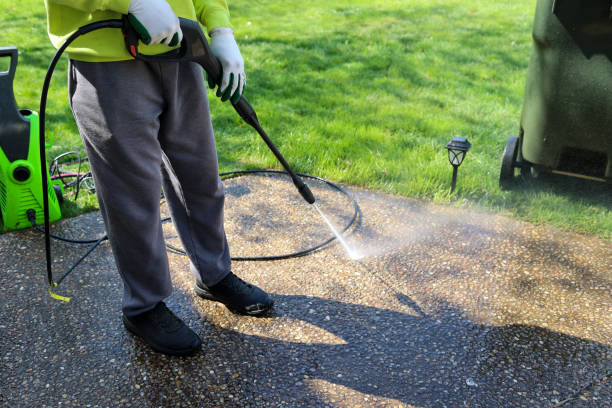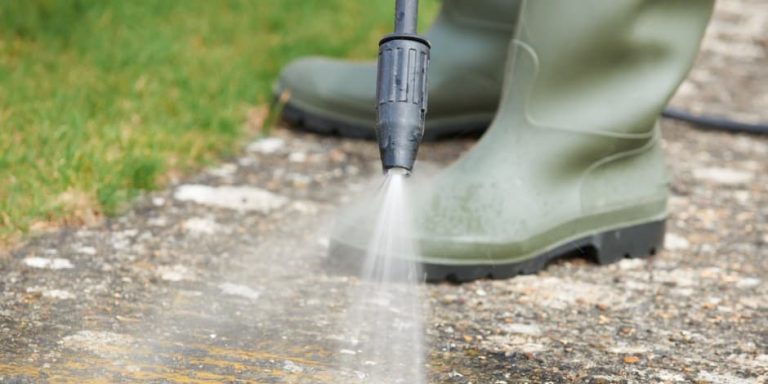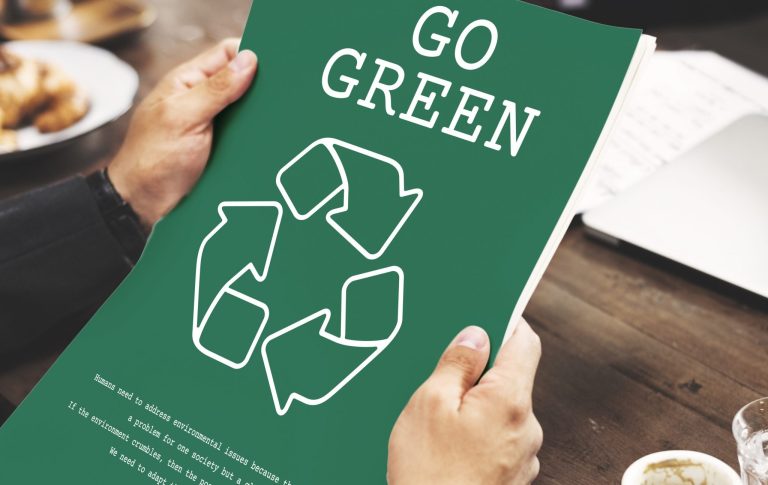
In recent years, “going green” has become more than a buzzword—it’s a real priority for businesses and consumers alike. In the power washing industry, that trend has led to a rise in green certifications, eco-labels, and sustainability claims. But that leaves many wondering: Do green certifications in power washing actually matter? Or are they just marketing fluff?
In this article, we’ll explore what green certifications are, how they apply to pressure washing, and whether they hold real environmental value—or just look good on paper.
💡 What Are Green Certifications?
A green certification is an official designation that a product, service, or company meets certain environmental or sustainability standards. These certifications are typically issued by third-party organizations and may involve:
- Limiting chemical use
- Reducing water waste
- Capturing or recycling runoff
- Using biodegradable products
- Promoting environmentally responsible business practices
In the power washing world, these certifications aim to encourage cleaner, safer practices that reduce the environmental impact of exterior cleaning services.
🧽 Types of Certifications Relevant to Power Washing
While there’s no single global certification for pressure washing, several certifications or associations are recognized within the industry. Some of the most relevant include:
✅ Power Washers of North America (PWNA) – Environmental Certification
PWNA offers training and certification in:
- Water reclamation
- Chemical safety
- Runoff prevention
- BMPs (Best Management Practices)
PWNA certification is widely respected and designed specifically for pressure washing professionals.
✅ EPA WaterSense Partnership
While not a certification in itself, becoming a WaterSense partner shows a company’s commitment to water-efficient products and practices.
✅ Green Seal
A rigorous certification primarily for cleaning products. Power washing companies that use Green Seal–certified cleaners demonstrate a commitment to using environmentally safe solutions.
✅ LEED (Leadership in Energy and Environmental Design)
LEED is a building-level certification, but property managers may hire certified green vendors—including pressure washing providers—to help meet sustainability goals.
🌿 Why Green Certifications Matter
Certifications aren’t just about image—they offer real, measurable benefits when they’re legitimate and backed by transparent standards.
1. Environmental Accountability
Certified companies are more likely to:
- Use non-toxic, biodegradable detergents
- Capture and dispose of wastewater properly
- Avoid runoff into storm drains and waterways
- Conserve water through efficient practices
These actions help reduce pollution, protect ecosystems, and preserve valuable resources. 🌊🦋
2. Consumer Trust and Transparency
More customers today are eco-conscious. Certifications provide visible proof that a company is committed to sustainable practices—not just claiming it for marketing purposes.
Surveys show that nearly 70% of consumers are more likely to choose environmentally responsible services. A green seal or certification can be the deciding factor between you and a competitor.
3. Legal and Regulatory Benefits
Certified companies tend to stay better informed about environmental regulations, which helps them:
- Avoid fines
- Stay compliant with local laws
- Operate confidently in restricted areas (like drought-prone zones or protected habitats)
Certifications often include training in local water discharge rules, which is crucial for businesses working in multiple jurisdictions. ⚖️
4. Competitive Advantage
Many commercial and government contracts now require proof of sustainability. Holding certifications can qualify businesses for higher-value bids and long-term contracts that would otherwise be out of reach.
🚨 Not All “Green” Claims Are Created Equal
While many certifications are legitimate, there are also cases of greenwashing—when businesses claim to be environmentally friendly without taking real steps to back it up.
Be cautious of companies that:
- Use vague language like “eco-friendly” without explanation
- Display seals or badges that aren’t traceable to recognized certifying bodies
- Offer no clear policy or documentation on their sustainable practices
Consumers should research the certifier, ask about products used, and request details about runoff management or compliance practices. 👀
🛠️ How to Get Certified (For Contractors)
If you’re a pressure washing professional looking to add legitimacy to your green claims, here are the steps to get certified:
- Join a professional association (like PWNA or UAMCC)
- Take training courses in environmental best practices
- Implement systems for runoff control, water savings, and eco-safe chemicals
- Apply for third-party certifications (EPA WaterSense, Green Seal use, etc.)
- Market your certification clearly and honestly on your website and advertising
Being transparent about your methods and displaying certifications proudly builds trust and sets your business apart. 💼🌱
🧼 Tips for Homeowners and Property Managers
If you’re hiring a power washing service and want to minimize your environmental impact, here’s what to look for:
- Ask if the company has PWNA environmental certification
- Inquire about their detergents and wastewater practices
- Look for eco-labeled products in their cleaning kit
- Ask how they manage runoff and storm drain protection
- Look up their business online for reviews about their environmental practices
Even if a company isn’t formally certified, their willingness to answer your questions and explain their approach is a great sign.
🌎 Final Thoughts
Green certifications in power washing do matter—when they’re legitimate. They represent a business’s commitment to doing better for the planet and following best practices that go beyond just making things look clean.
In a world where environmental accountability is increasingly important, certifications help separate the truly responsible from the merely trendy. Whether you’re hiring a cleaner or becoming one, these credentials can help ensure the job gets done cleanly, safely, and sustainably. ✅♻️
Browse Amazon Here For Top Rated Power Washers And Accessories






